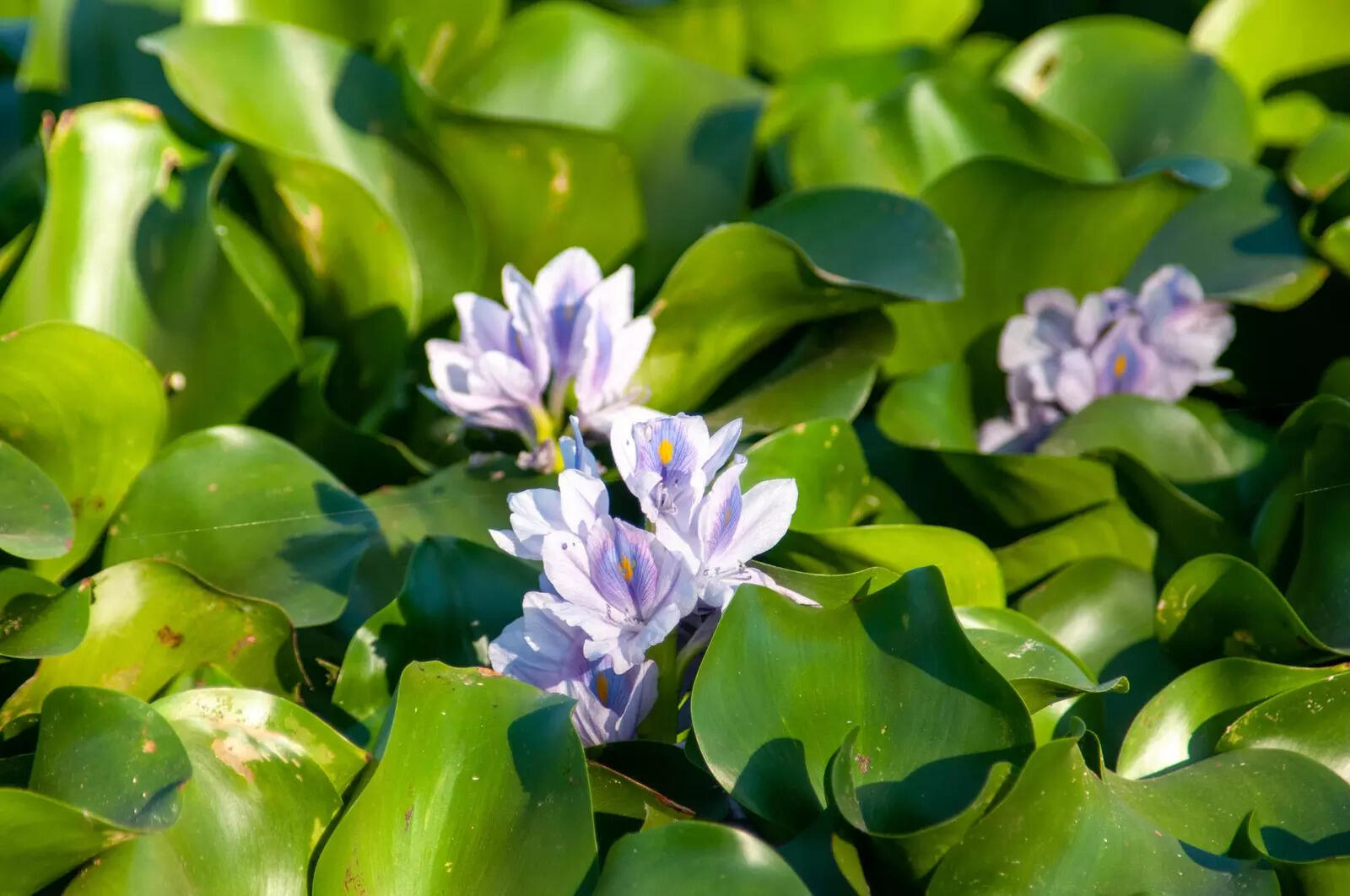Water Hyacinth Health Benefits: From 'Terror Of Bengal' To Ayurvedic Wonder

Often dismissed as a troublesome weed, water hyacinth harbours a range of health benefits that many are unaware of. Despite being labelled “The Terror of Bengal” for its invasive growth in rivers and ponds, Ayurveda recognises its medicinal potential.
Native to West Bengal, water hyacinth spreads rapidly, depleting oxygen in water and harming aquatic life. Its dense mats can disrupt ecosystems, yet the plant is far from useless. Traditional medicine highlights its leaves and pods for their potent healing properties.

The leaves of water hyacinth are rich in nutrients and exhibit strong antifungal and antibacterial qualities. Studies suggest it may support heart health, regulate blood pressure, and even offer anti-ageing and anti-cancer benefits. Its high potassium content helps maintain a healthy heartbeat and supports blood vessel function.
Beyond cardiovascular support, water hyacinth aids in digestive health. Consuming its pods may alleviate diarrhoea, flatulence, and digestive discomfort. Its infusion has been used to reduce throat swelling and infections, while its nutrients help strengthen the body and boost immunity.
Ayurvedic practitioners also recommend water hyacinth for managing cholesterol levels and assisting in the treatment of sexually transmitted diseases. Applied topically, its ash can relieve skin conditions, while antioxidants in the leaves provide protection from UV rays.
Nutritionally, water hyacinth rivals even cashews and almonds, making it a surprisingly potent supplement. While its environmental impact remains a concern, its medicinal value demonstrates that this notorious plant may hold secrets for human wellness.
Native to West Bengal, water hyacinth spreads rapidly, depleting oxygen in water and harming aquatic life. Its dense mats can disrupt ecosystems, yet the plant is far from useless. Traditional medicine highlights its leaves and pods for their potent healing properties.

The leaves of water hyacinth are rich in nutrients and exhibit strong antifungal and antibacterial qualities. Studies suggest it may support heart health, regulate blood pressure, and even offer anti-ageing and anti-cancer benefits. Its high potassium content helps maintain a healthy heartbeat and supports blood vessel function.
Beyond cardiovascular support, water hyacinth aids in digestive health. Consuming its pods may alleviate diarrhoea, flatulence, and digestive discomfort. Its infusion has been used to reduce throat swelling and infections, while its nutrients help strengthen the body and boost immunity.
Ayurvedic practitioners also recommend water hyacinth for managing cholesterol levels and assisting in the treatment of sexually transmitted diseases. Applied topically, its ash can relieve skin conditions, while antioxidants in the leaves provide protection from UV rays.
Nutritionally, water hyacinth rivals even cashews and almonds, making it a surprisingly potent supplement. While its environmental impact remains a concern, its medicinal value demonstrates that this notorious plant may hold secrets for human wellness.
Next Story